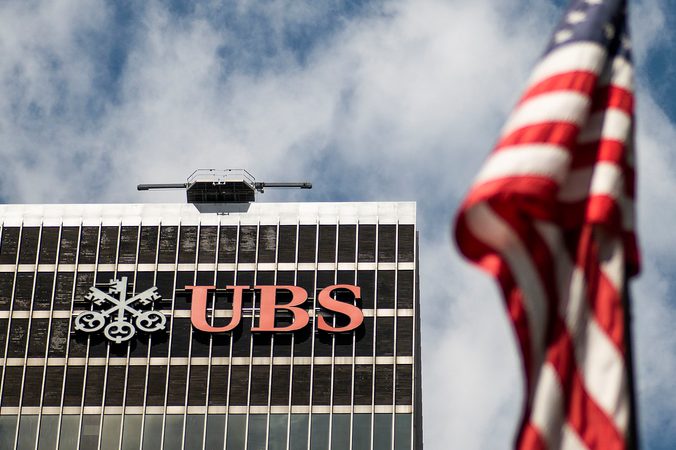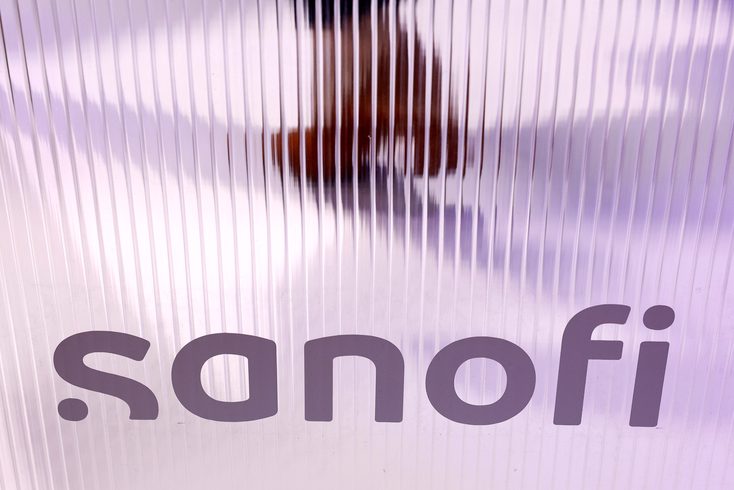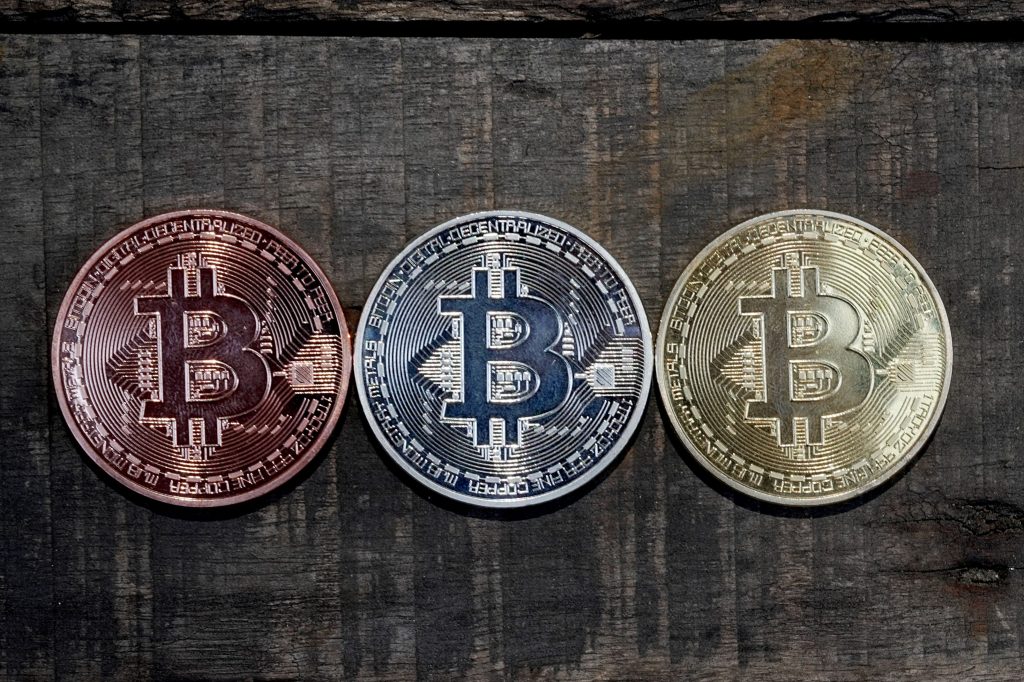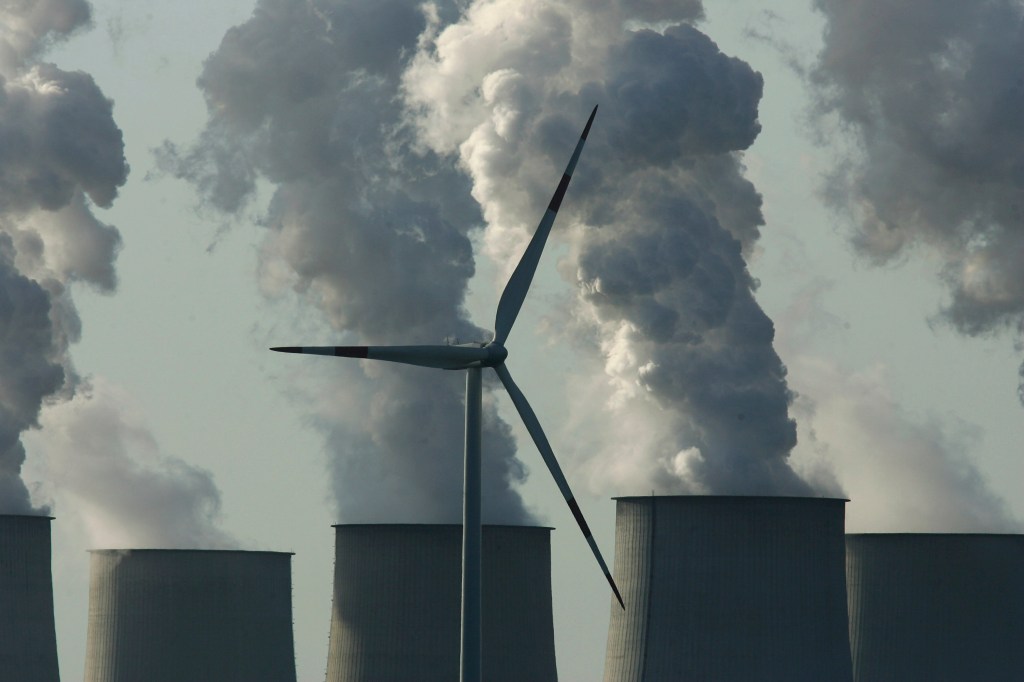The first enforcement action against fraud in the voluntary carbon markets has been settled, with CQC Impact Investors LLC (AKA C-Quest) agreeing to pay $1m to the Commodities Future Trading Commission (CFTC).
Civil charges were filed by the CFTC against CQC for fraud in overrepresenting emission reduction statistics to receive voluntary carbon credits (VCCs), intangible instruments issued by carbon crediting programs.
Carbon credits are the underlying commodity for futures contracts that are listed on CFTC designated contract markets (DCMs), over which the agency has jurisdiction.
The company also perpetrated a massive offering fraud by deceiving investors about its ability to generate those VCCs, leading the SEC to file parallel charges against the company.
The CFTC also individually charged the company’s former COO, Jason Steele, and its former CEO, Kenneth Newcombe, with civil fraud for their roles in the scheme.
Criminal charges have also been filed by the DOJ alleging fraud against Steele, Newcombe, and Tridip Goswami, head of the firm’s carbon accounting division.
The most severe of those charges carry penalties of up to 20 years in prison.
Cooking stoves; cooking books
Before its downfall, CQC was one of the largest voluntary carbon credit project developers in the world. A for-profit company, CQC created programs to offset carbon emissions; its main project was the financing of green cookstoves for use in developing countries.
CQC bet on being able to sell carbon credits generated through its green cookware to big greenhouse gas producers like BP, who would then be able to buy the assets as a credit against their total emissions.
This attracted the attention of high-profile investors who dumped millions into what they believed would be a lucrative commodity-generating enterprise.
But the numbers never added up. In 2021, the company realized it would never be able to licitly obtain the amount of VCCs needed to satisfy their goals, the agencies stated.
CQC then engaged in a sophisticated scheme whereby it drastically overrepresented to third-party verification firms the amount of carbon it would be able to offset by distributing the cookstoves. This was achieved by overstating the stoves’ efficiency and neglecting post-installation surveillance.
These lies and manipulations continued until 2023, leading to the company receiving approximately 30% more VCCs than it deserved.
“CQC engaged in a fraudulent scheme of reporting false and misleading data to at least one carbon credit registry, third-party reviewers, and others,” said the CFTC.
While cooking its books, CQC fraudulently obtained tens of millions of dollars in voluntary carbon credits and secured a $250m investment.
Cooperation and settlements
To settle the civil charges, CQC has agreed to pay $1m to the CFTC, cease and desist from the violations, and void some of its VCCs.
“Today’s actions show strong enforcement is another critical step in ensuring the integrity of these markets,” said CFTC Chairman Rostin Behnam.
Steele has pleaded guilty to the criminal charges and is cooperating with the government, the DOJ said. He also pleaded guilty to the CFTC’s civil charges.
The CFTC credited CQC with substantial cooperation with its investigation, leading to a reduced civil monetary penalty. Likewise, the SEC neglected to fine the company due to its cooperation. The DOJ also stated that it did not charge the company criminally due to its participation, which included timely self-disclosure of conduct and the voiding of VCCs.
Carbon credits market
Most carbon credits are issued by governments, but voluntary carbon credits (VCCs) are issued independent certification bodies that oversee carbon offset projects.
These credits represent one ton of greenhouse gas (GHG) emissions permanently removed, reduced or sequestered from the environment.
Each credit is essentially a permission slip to emit, as GHG-producing companies can write off a percentage of their total emissions in the form of VCCs.
VCCs create an incentive scheme for companies to lend financial support to green projects. The VCC market currently has a value of $2 billion, and it is forecast to grow to $250bn by 2050.
However, as with any asset exchange, there is always a possibility of fraud. In the case of carbon credits, the complex net of incentive factors can create myriad conflicts of interest.
Last year the CFTC issued an alert urging investors and companies to stay vigilant against wash trading, ghost credits, double counting and other forms of fraud and dishonesty that might be occurring in the VCC marketplace.
Rule and law violations
CFTC:
- CQC and the individual respondents were charged with violating Section 6(c)(1) of the CEA, and CFTC Regulation 180.1, which prohibits using omissions, manipulations or deception in the listing of a contract or swap.
- All were also charged with violating Sections 9(a)(2) and 6(c)(1)(A) of the CEA, and CFTC Regulation 180.1(a)(4), which covers using misleading reports to influence the price of a commodity.
SEC:
CQC was charged with violating Section 17(a) of the Securities Act and Section 10(b) of the Exchange Act and Rule 10b-5 thereunder, covering fraud.
DOJ:
For their role in the manipulations Goswami and Newcombe were charged with wire fraud conspiracy, wire fraud, commodities fraud conspiracy, commodities fraud.
Newcombe is also charged with securities fraud conspiracy and securities fraud, which carries a maximum sentence of 20 years in prison.
Steele pleaded guilty to wire fraud conspiracy, commodities fraud conspiracy, and securities fraud conspiracy.
A sentencing date is forthcoming.

















